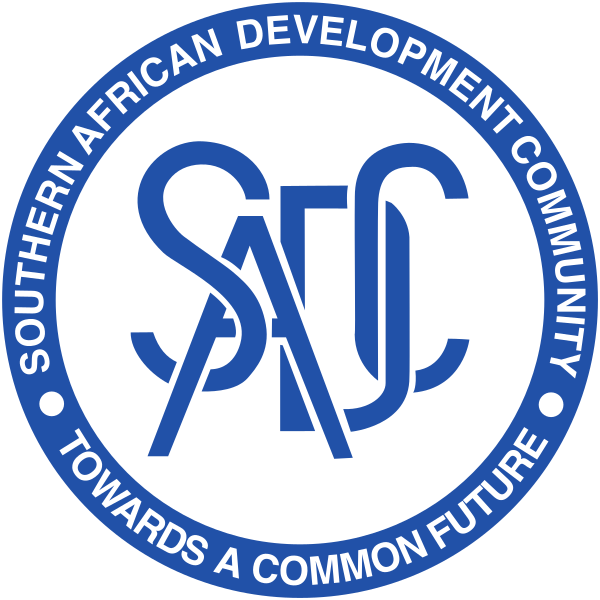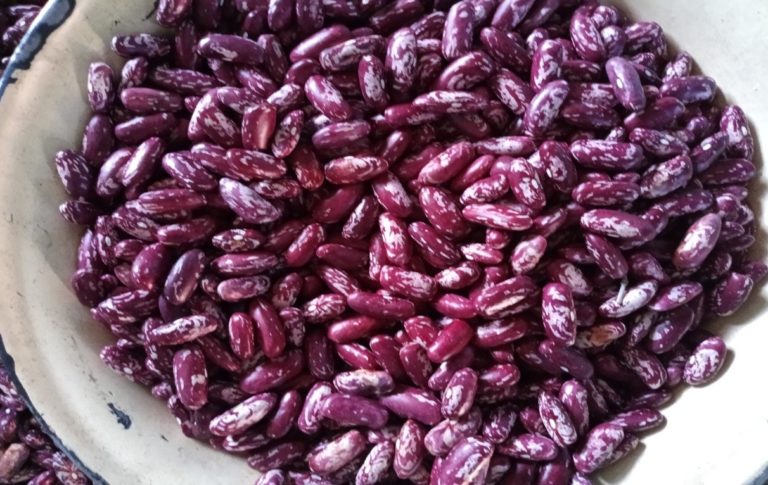ZSS’s successful seed harvest spells potential relief for Mozambique.
Mozambique’s seed sector is characterized by the farmer-saved seed system which covers more than 70 percent of the total seed sector, while informal exchange which covers up to 20 percent. The formal sector is relatively small covering about 10 percent, making seed availability inadequate and low-quality. Further, only 10 percent of smallholder farmers have access to improved technologies, which has a high impact on poverty rates, especially among the 68 percent rural population, and explains the prevalence of food insecurity in the country. By making investments that increase the availability of improved, higher-quality seed, farmers can be better positioned to produce high-yielding, more diverse crops; generate greater incomes from the sale of surpluses; and increase overall food security, nutrition and resilience.
In response to this set of issues leading to Mozambique’s seed deficit position, Zimbabwe Super Seeds Cooperative Company (ZSS) saw an opportunity to enter the Mozambican seed market. However, being a relatively small seed producer, they found it difficult to break into it. Founded in 2012 and starting with 411 smallholder out-grower farmers, ZSS is a 100 percent farmer-owned enterprise, focusing on increased access to seeds-of-choice for small-holder farmers. Currently, ZSS’ outgrower numbers stand at 3,500 smallholder farmers, giving the company resources and manpower to address seed deficit situation in Mozambique, as well as other SADC Member States.
Historic Challenges for Seed Trade
Variations in seed trade regulations among SADC Member States have historically posed a challenge to seed companies. Through his own experience, ZSS Managing Director Nelson Munyaka laments, “Different seed certification standards from one country to another make it challenging to establish trust between nations, especially at border points-of-entry. Between the lack of access to market information, the mandatory pre-shipment seed inspections, inefficient clearance process, and logistical costs, it has been incredibly difficult for smaller seed producers to break into viable seed markets.” Mr. Munyaka has gone on to say, “By getting SADC Member States to align with the SADC Harmonized Seed Regulatory System, we can overcome all of these challenges.”
A Pathway Opens for ZSS in SADC
Between 2018 and 2019, the Seed Trade Project, in partnership with the SADC Food, Agriculture and Natural Resources (FANR) directorate, worked with Seed Co. Zambia Ltd to produce 200 MT of improved and high-quality hybrid maize seed for export to the Democratic Republic of Congo (DRC). Seed Co. Zambia Ltd dared to take the first step among many private seed companies in the region to pilot the Southern Africa Development Community’s (SADC) Harmonized Seed Regulatory System (HSRS). The news of the successful pilot elicited more interest among other private seed companies, including ZSS.
ZSS turned to the U.S. Agency for International Development (USAID) funded Feed the Future Southern Africa Seed Trade Project (Seed Trade Project) for guidance on how to navigate seed trade markets, and as a result, partnered with the Project on a subsequent pilot to produce seed under the SADC Seed Certification and Quality Assurance Guidelines. The partnership includes a risk sharing grant by the Seed Trade Project to ZSS for the production of high-quality, certified seed in Zimbabwe for export to Mozambique.
Using its out-grower model, ZSS has created an opportunity for 50 of their small-holder member farmers to gain firsthand experience producing seed under the SADC HSRS. With joint training from the Seed Trade Project and ZSS, company personnel and out-growers gained valuable knowledge about the SADC HSRS guidelines as well as skills to improve their own economic status while producing high-quality seed for export to Mozambique. Further, the success of the pilot could qualify their seed for export to other SADC Member States.
The Impact of Partnership
With the support from the Seed Trade Project, ZSS managed to engage 50 of its small-holder member farmers to produce more than the 200 MT target of sugar bean seed, variety NUA 45, for export to Mozambique in September 2020. Through this engagement, complete with training and technical guidance from the Seed Trade Project, ZSS’ farmers now know what it takes to produce seed that is compliant with SADC’s Seed Certification and Quality Assurance Guidelines, and they have a ready market in Mozambique. Mr. Munyaka has celebrated the moment stating, “We will continue to increase the number of ZSS seed varieties under the SADC certification scheme to make trade within the region more seamless.”
The out-grower member farmers who participated in the orientation training and impact assessment offer their perspective on the direct impact the training had on their ability to bring the pilot sugar bean crop to harvest.
Ms. Otilia Chimonero of Zimbabwe’s Masvingo District states, “I’m very happy with the fact that for the first time in years, I am producing a product that is meant to be exported in the SADC region.” Although 50 small-holder farmers are producing ZSS’s NUA 45 sugar bean seed, Ms. Chimonero is 1 of 5 selected farmers engaged in the pilot’s impact assessment. “I’ve learned so much through the training I’ve received from the Seed Trade Project, like better understanding the importance of SADC’s required 5-meter isolation distance for beans. It is far more optimal than the 3-meter distance me and other farmers had grown accustomed to. I refer to the seed manual given to me during the training constantly and double-check if I’m ever in doubt on any standard.”
Ms. Gladys Marira of Ward 17/Mutasa District/Manicaland Province is another beneficiary of the orientation training and testifies that the knowledge she acquired during the SADC HSRS orientation training has made an impact and increased her knowledge of seed production. “Physical plant characteristics of importance, such as plant height, growth type, leaf shape, leaf color intensity and texture, pod shape and time to maturity, are now being used to identify off-types. Previously, only a few of those characteristics, like plant height, were used and only while the crop was in the field,” she says.
Mr. Maxwell Neromwe, who hails from Ward 15/Zaka District, highlighted the increased level of crop management and inspections by government Seed Services Institute as an improved requirement. Mr. Neromwe remarked, “The crop has been inspected three times to date compared to previous seasons. On top of that, ZSS provided an officer who is located within the schemes who regularly visits all the farmers to ensure quality seeds are produced as detailed under the SADC standards, which has never been done before.” He further stressed that “for the first time, none of the farmer’s fields were rejected by Seed Services because of the close monitoring.”
Understanding that the improved seed adheres to a set of regional standards that allows ZSS to export to any SADC Member State, ZSS out-grower farmers are now eager as ever to increase productivity.
About the Seed Trade Project
The Feed the Future Southern Africa Seed Trade Project is funded by the USAID Southern African Regional Office, and provides targeted technical assistance to facilitate the implementation of the SADC HSRS, which aims to boost seed trade across the region, integrating smaller and more isolated national seed markets into one broader SADC market. Implemented by DAI Global, LLC, the Seed Trade Project is part of a regional policy effort to improve agricultural productivity, food security, and nutrition in the SADC region.

